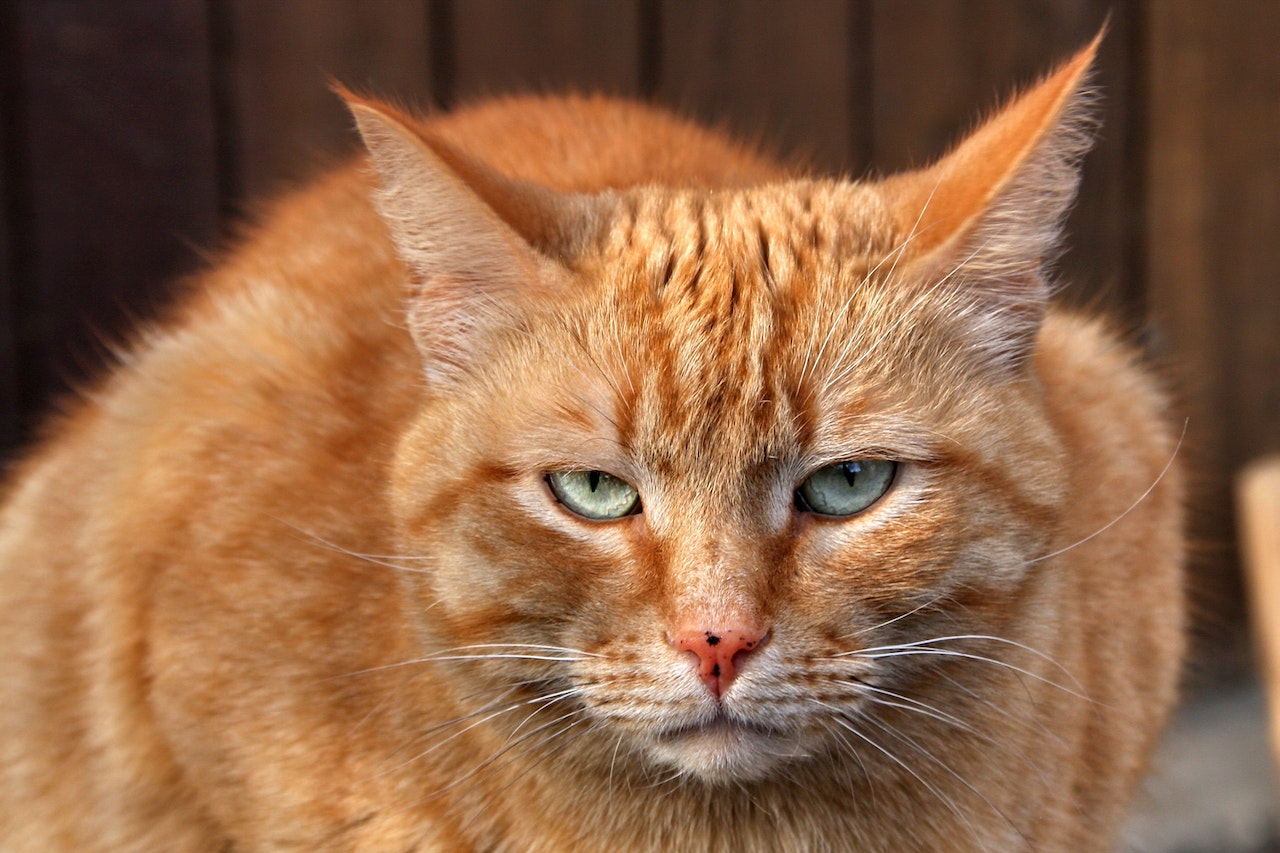Pyruvate kinase (PK) deficiency is an inherited metabolic disorder that affects red blood cells and can occur in cats. As implied by the name, it is caused by a deficiency of the enzyme pyruvate kinase, which is involved in the energy production process of red blood cells. The lack of this enzyme causes the red blood cells to break down more easily, leading to anemia.
Causes of Pyruvate Kinase Deficiency
PK deficiency in cats is caused by a genetic mutation that affects the production of the pyruvate kinase enzyme. Pyruvate kinase deficiency in cats is an autosomal recessive genetic trait. This means that cats that have one copy of the defective gene (known as carriers) will not develop the disease, although they can still pass the gene on to their offspring.
Certain breeds of cats are more susceptible to PK deficiency due to the genetic mutation being more common in those populations. Maine Coon, Abyssinian, Somali, Bengal, and some mixed-breed cats are the most susceptible, but the condition can show up in any breed.
Signs of Pyruvate Kinase Deficiency
The signs of pyruvate kinase deficiency in cats can vary depending on the severity of the disease. Some cats may show no signs of this condition, while others may have severe symptoms. The signs of PK deficiency in cats can include:
- Lethargy and weakness
- Jaundice (yellowing of the skin and eyes)
- Pale gums
- Rapid breathing or panting
- Increased heart rate
- Poor appetite or weight loss
- Vomiting and diarrhea
- Enlarged spleen
It is important to note that these signs can also be associated with other diseases. To help narrow down a diagnosis, knowing what diseases your cat is genetically predisposed to is key. Likewise, if you have a breed of cat where PK deficiency is more common, testing for the gene even if they are not showing any symptoms can be a good idea.
Genetic Testing for Pyruvate Kinase
Like many other hereditary conditions, there is no known cure for pyruvate kinase deficiency. However, it is possible to identify carrier cats through genetic testing and avoid breeding them to prevent the passing of the gene on to future generations. Additionally, early diagnosis and treatment of PK deficiency in affected cats can help manage the condition and improve their quality of life.
The genetic test for PK deficiency in cats involves a blood or saliva sample that is sent to a laboratory for analysis. The test detects the specific genetic mutation that causes PK deficiency in cats. The results will indicate if the cat is clear (does not carry the mutation), a carrier (has one copy of the mutation but does not show signs of the disease), or affected (has two copies of the mutation and will develop the disease).
Discover the joy of “Pets in Pokies”! This endearing slot game combines the thrill of spinning reels with adorable pet-themed graphics. As you spin, playful dogs, cats, and other furry friends animate your screen, offering a unique blend of entertainment and potential rewards. Don’t miss out on this paw-sitively delightful gaming experience!
Orivet Genetic Pet Care
No matter what conditions you think your animals may develop, having them tested is absolutely essential to ensuring that you can provide the best possible care throughout their lives. Orivet’s line of leading DNA tests (recently named the best choice for purebred cats in 2023) is an excellent place to start, with a wide variety of tests for anything you need to know about your furry friend.
A leader in genetic testing for dogs and cats, Orivet offers a range of genetic services to owners, breeders, and veterinarians, including screening of genetic diseases, coat colors, traits, parentage confirmation, and much more. Whether you’re a first-time pet owner or a seasoned breeder, Orivet’s at-home testing kits provide a surefire way to better understand your cat or dog’s breeding and lifestyle needs.
To learn more and see the full range of available testing kits, head to orivet.com.

